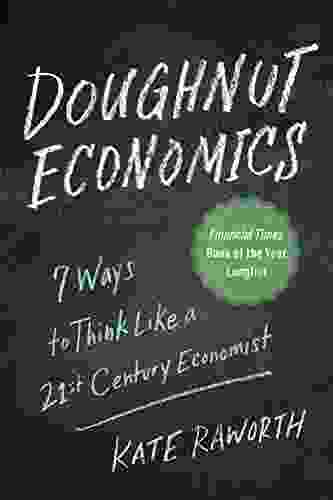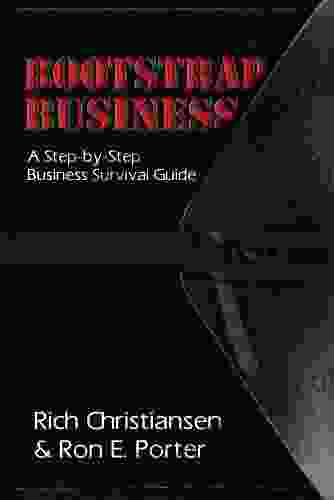Seven Ways To Think Like a 21st Century Economist

4.6 out of 5
| Language | : | English |
| File size | : | 8964 KB |
| Text-to-Speech | : | Enabled |
| Screen Reader | : | Supported |
| Enhanced typesetting | : | Enabled |
| X-Ray | : | Enabled |
| Word Wise | : | Enabled |
| Print length | : | 323 pages |
The world is changing at an unprecedented pace, and the economy is no exception. The way we work, live, and interact with each other is constantly evolving, and economists are at the forefront of understanding these changes.
If you want to understand the economy and make informed decisions about your future, it's essential to think like an economist. Here are seven ways to do it:
1. Think Globally
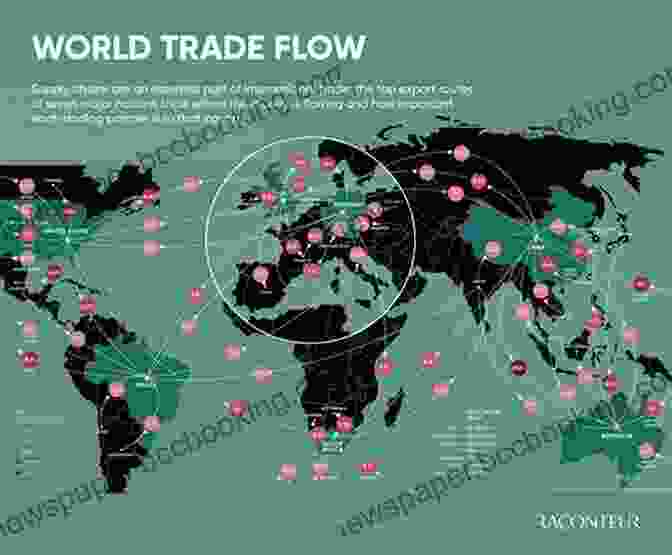
In the past, economists could focus on their own countries without worrying too much about what was happening in the rest of the world. But today, the global economy is so interconnected that it's impossible to understand one country's economy without understanding the global economy as a whole.
When you think globally, you need to consider factors such as:
- The flow of goods and services between countries
- The exchange rates of different currencies
- The political and economic policies of other countries
2. Think Interdisciplinary
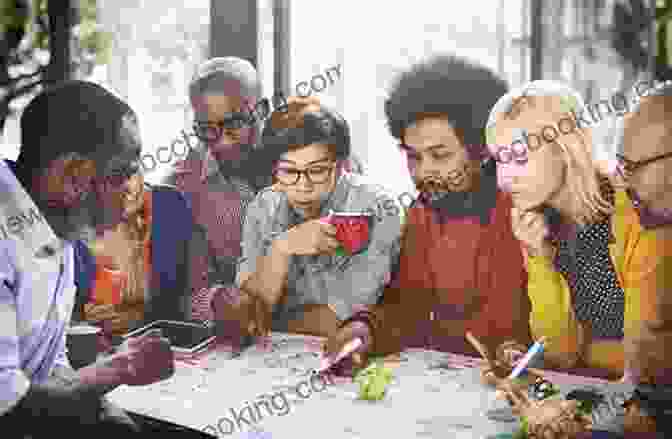
Economics is a social science, but it's also closely related to other fields such as history, political science, and psychology. To understand the economy, you need to be able to draw on insights from all of these disciplines.
For example, you might need to understand the history of a particular country to understand its current economic policies. Or you might need to understand the psychology of consumers to understand why they make the choices they do.
3. Think Critically
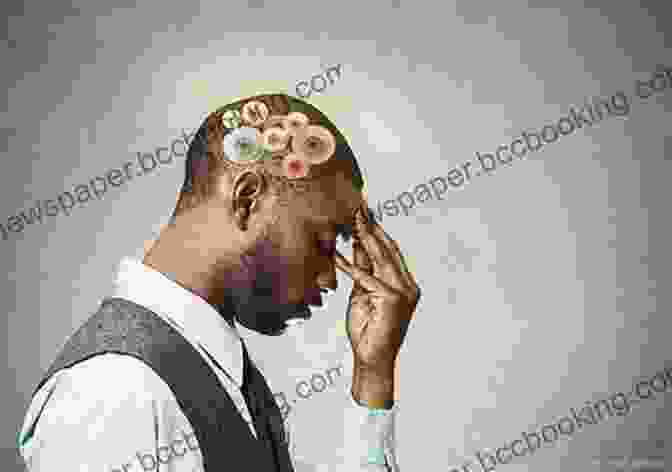
Economists are constantly evaluating data and making predictions about the future. To do this effectively, you need to be able to think critically about the information you have.
This means being able to:
- Identify biases in your own thinking
- Evaluate the evidence objectively
- Draw logical s
4. Think Creatively
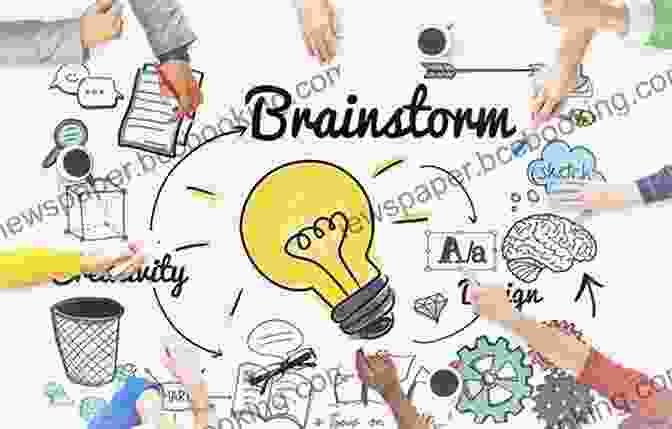
Economics is not just about crunching numbers. It's also about coming up with new ideas and solutions to economic problems.
To think creatively, you need to be able to:
- Generate new ideas
- Evaluate the pros and cons of different ideas
- Come up with innovative solutions
5. Think Quantitatively

Economists use data to support their arguments and make predictions about the future. To do this effectively, you need to be able to think quantitatively.
This means being able to:
- Collect and analyze data
- Interpret statistical results
- Use mathematical models to represent economic phenomena
6. Think Empathetically

Economics is not just about numbers and models. It's also about people. To understand the economy, you need to be able to put yourself in the shoes of others and understand their motivations.
This means being able to:
- Understand the needs and wants of different people
- Emphasize with people from different backgrounds
- See the world from different perspectives
7. Think Systemically

The economy is a complex system with many different parts. To understand how the economy works, you need to be able to think systemically.
This means being able to:
- See the big picture
- Understand how different parts of the economy interact with each other
- Identify the root causes of economic problems
Thinking like an economist is a valuable skill in the 21st century. By following the seven tips above, you can develop the skills you need to understand the economy and make informed decisions about your future.
4.6 out of 5
| Language | : | English |
| File size | : | 8964 KB |
| Text-to-Speech | : | Enabled |
| Screen Reader | : | Supported |
| Enhanced typesetting | : | Enabled |
| X-Ray | : | Enabled |
| Word Wise | : | Enabled |
| Print length | : | 323 pages |
Do you want to contribute by writing guest posts on this blog?
Please contact us and send us a resume of previous articles that you have written.
 Book
Book Novel
Novel Page
Page Chapter
Chapter Text
Text Story
Story Genre
Genre Reader
Reader Library
Library Paperback
Paperback E-book
E-book Magazine
Magazine Newspaper
Newspaper Paragraph
Paragraph Sentence
Sentence Bookmark
Bookmark Shelf
Shelf Glossary
Glossary Bibliography
Bibliography Foreword
Foreword Preface
Preface Synopsis
Synopsis Annotation
Annotation Footnote
Footnote Manuscript
Manuscript Scroll
Scroll Codex
Codex Tome
Tome Bestseller
Bestseller Classics
Classics Library card
Library card Narrative
Narrative Biography
Biography Autobiography
Autobiography Memoir
Memoir Reference
Reference Encyclopedia
Encyclopedia Kara Goucher
Kara Goucher Lauren Kahl
Lauren Kahl Philip Gosse
Philip Gosse Terry Kirkpatrick
Terry Kirkpatrick Niall Richard Murphy
Niall Richard Murphy Kate Langbroek
Kate Langbroek Julie Nelson Davis
Julie Nelson Davis M J Parisian
M J Parisian Samuel Decalo
Samuel Decalo Liane Grunberg Wakabayashi
Liane Grunberg Wakabayashi Kassandra Radomski
Kassandra Radomski Scott Ezell
Scott Ezell Margaret Davidson
Margaret Davidson Yaron Brook
Yaron Brook Sue Eisenfeld
Sue Eisenfeld Scott Keffer
Scott Keffer Juno Roche
Juno Roche Lynn Arave
Lynn Arave Myra Oliver
Myra Oliver Ruby Lynn Peterson
Ruby Lynn Peterson
Light bulbAdvertise smarter! Our strategic ad space ensures maximum exposure. Reserve your spot today!
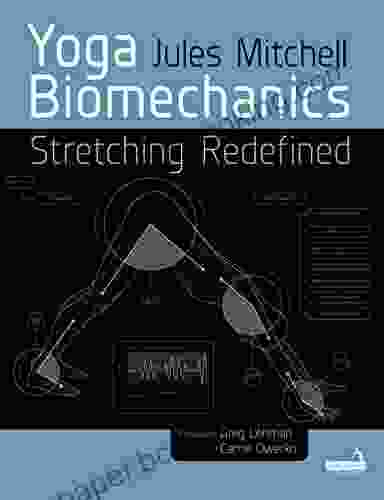
 Ernest J. GainesYoga Biomechanics: Stretching Redefined by Jules Mitchell - A Revolutionary...
Ernest J. GainesYoga Biomechanics: Stretching Redefined by Jules Mitchell - A Revolutionary... Robert BrowningKirby: King of Comics by Mark Evanier - A Monumental Tribute to a Comic Book...
Robert BrowningKirby: King of Comics by Mark Evanier - A Monumental Tribute to a Comic Book... Noah BlairFollow ·18.7k
Noah BlairFollow ·18.7k Isaiah PriceFollow ·16.7k
Isaiah PriceFollow ·16.7k Frank ButlerFollow ·8.4k
Frank ButlerFollow ·8.4k Holden BellFollow ·8k
Holden BellFollow ·8k Roberto BolañoFollow ·8.5k
Roberto BolañoFollow ·8.5k John GreenFollow ·12.1k
John GreenFollow ·12.1k Spencer PowellFollow ·17.2k
Spencer PowellFollow ·17.2k Dion ReedFollow ·17k
Dion ReedFollow ·17k
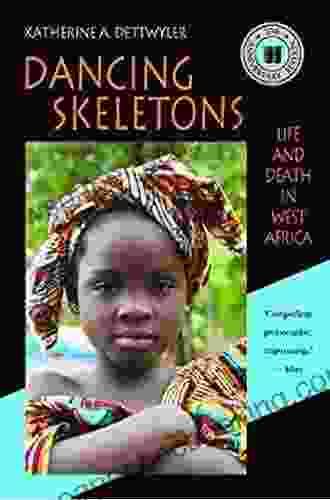
 Drew Bell
Drew BellLife and Death in West Africa: A Groundbreaking Account...
A Journey Through...
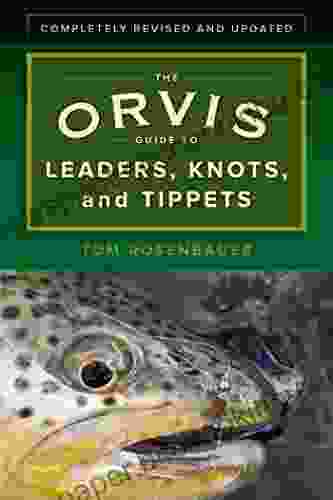
 Stanley Bell
Stanley BellMaster the Art of Fly Fishing Line Management: A...
Are you an avid fly...
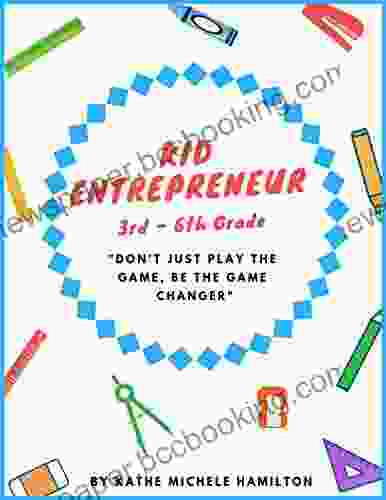
 Ernest Powell
Ernest PowellUnleash Your Entrepreneurial Spirit: A Comprehensive...
In the competitive...
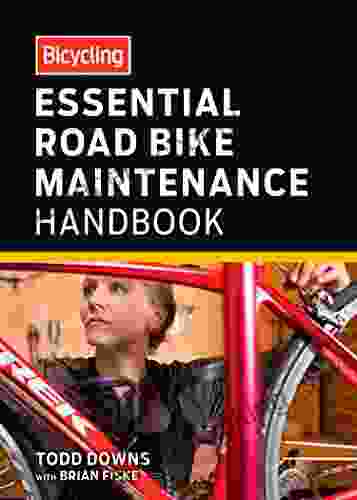
 Derrick Hughes
Derrick HughesMaster Your Ride: The Ultimate Guide to Road Bike...
Are you ready to elevate your cycling...
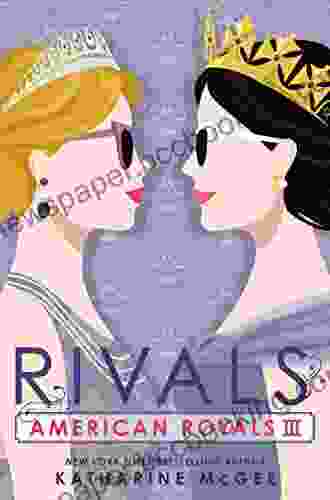
 Camden Mitchell
Camden MitchellUnveiling the Enchanting World of American Royals III:...
Embark on a Captivating Royal Saga: American...
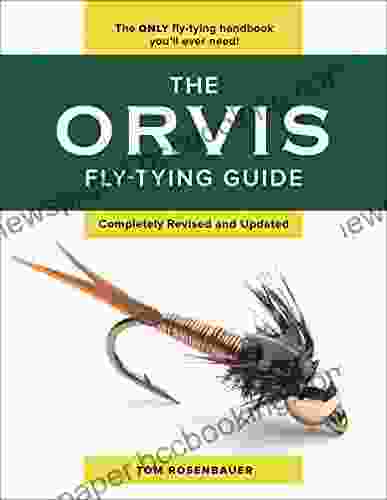
 Richard Simmons
Richard SimmonsUnveiling the Secrets of Fly Tying: A Comprehensive...
In the realm of...
4.6 out of 5
| Language | : | English |
| File size | : | 8964 KB |
| Text-to-Speech | : | Enabled |
| Screen Reader | : | Supported |
| Enhanced typesetting | : | Enabled |
| X-Ray | : | Enabled |
| Word Wise | : | Enabled |
| Print length | : | 323 pages |


